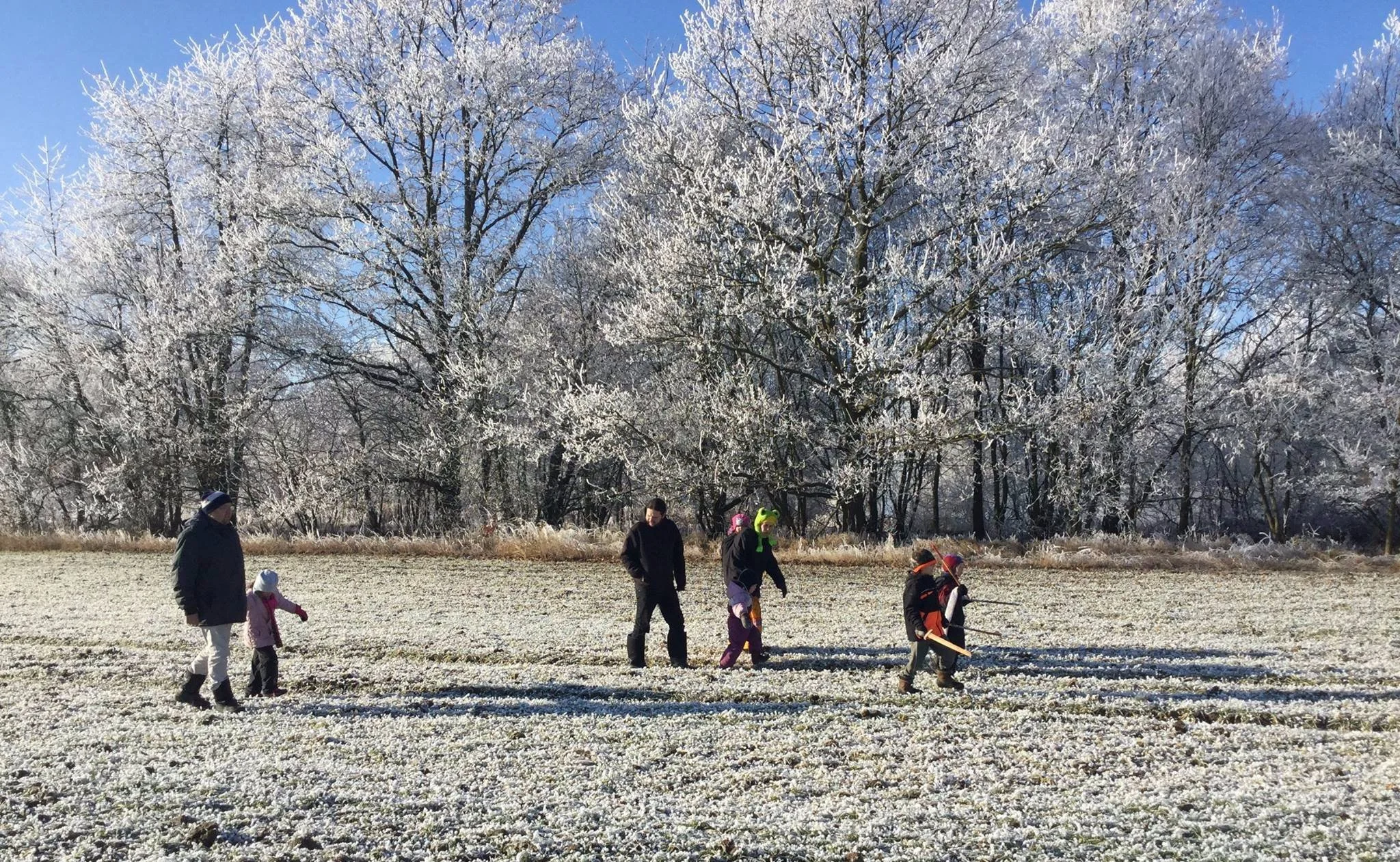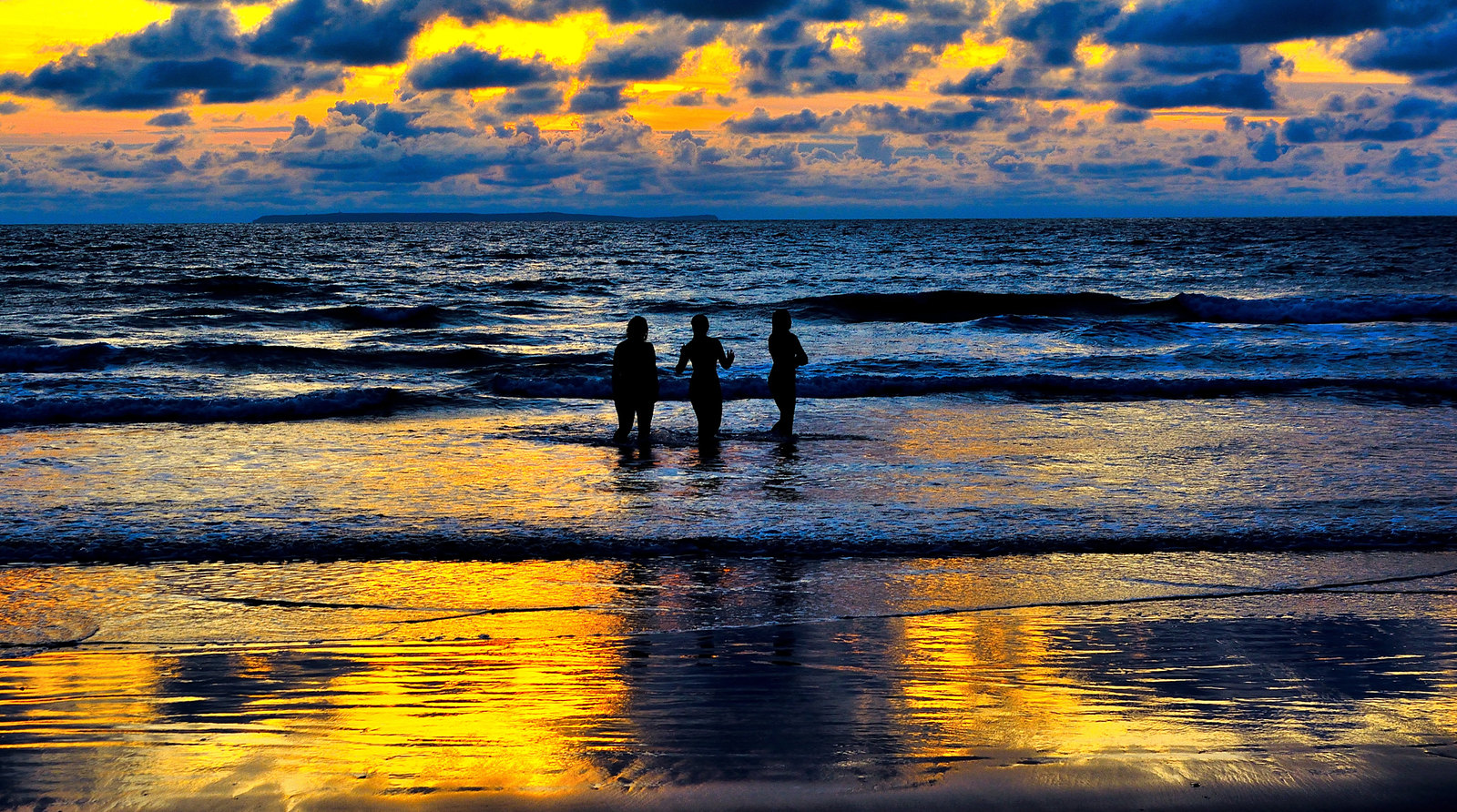Who's racist or ableist: the Implicit Association Test
/When you aren’t on a deadline or scrambling to get done the essentials (but your brain is too tired to either pursue your serious interests or get you moving toward something truly restful), there is something you do at your computer in that state of numb fog.
It might be browsing through pictures of cute animals on Facebook or playing Tetris or Solitaire. It might not always be the same time waster, but chances are you have certain habits. I wonder if those habits say something interesting about your personality.
My numb-fog habit is browsing through sociological and psychological statistics. If one’s numb-fog habit does say something about one’s personality, I am pretty sure mine says I’m a hopelessly weird variety of nerd. But there you have it.
Creative Commons image by Whisperer in the Shaddows photostream
Sociology and psychology statistics are like mental candy. I know that they don’t always mean what they appear to mean and they aren’t always good for me. But they strip things down to outlines and make the world appear much more orderly and predictable than it actually is, even if its predictability is in how absolutely nuts and irrational most people are.
This is why I’m the type of person who takes the Myers-Briggs personality test for fun and tries to get my friends and family to take it too. And yes, I got a very weird (or at least statistically uncommon) result on that test.
On one of the rare days when my kids were away and I didn’t have to work during the winter break, I indulged in my numb-fog hobby instead of either sleeping (which would have been the responsible choice) or doing something fulfilling or useful. And what I found was an intriguing online study out of Harvard called the Implicit Association Test.
It’s actually a series of mini tests that cover everything from your subconscious preference for light skin or dark skin to your preference for randomly selected previous presidents versus Trump and from your positive feelings toward straight people versus gay people to the degree to which you subconsciously view Native Americans as “American” or “foreign.”
If you’re curious, I turned out to slightly prefer African Americans over white people, have no preference on gay versus straight, harbor a moderately strong assumption of Native Americans as more American than white Americans and (weirdly) I subconsciously slightly preferred Trump to Richard Nixon.
Needless to say, my results on these tests tend to be on the minority side, with the exception of my subconscious lack of interest in the difference between gay versus straight people, which appears to be fairly common.
The results of these tests can be surprising, both on the individual level and when taken as an overall statistic. I went into the race test knowing that the vast majority of respondents present a subconscious bias against African Americans, including more than half of African Americans themselves who subconsciously prefer white people over people who look like them.
The test goes so fast that you can’t really try to control it or even remember much of it, but there was one of the black faces with big, beautiful eyes that looked kind of like one of my friend’s kids, and maybe that’s what tipped the balance for me subconsciously. I’ll never know because the test doesn’t explain why we have subconscious associations, it just ruthlessly alerts us to them.
Many people find that even though they state vehemently anti-racist views and truly believe they are “color blind,” they still have implicit, subconscious biases, even against their own group. This study is proof that we don’t live in “a post-racial world.”
It is one thing to fight discrimination and prejudice through equality laws, but what do you do when the people perpetuating problems of inequity and prejudice don’t even know it or condone it? It’s tough, but there are people whose test results come back without bias or with a bias in favor of those who have been historically marginalized, like mine did.
In addition, though society makes much of sexual preference as a scandalous personal detail, most people actually don’t much care about other people’s bedroom activities, according to the Harvard test results. So there must be some way to mitigate prejudice.
I am pretty certain that, if I had taken this test twenty years ago, the results would have been different. I remember how, as a college kid coming from rural, eastern Oregon, I was nervous whenever I saw a black person coming toward me on the sidewalk.
I had nothing “against” black people. And in fact, I couldn’t understand why they had faced discrimination “years ago.” I didn’t really know any black people, except for my mom’s college friend who died of cancer when I was a child, but I did secretly wonder if the continued ruckus over “race” wasn’t just coming from a few who wanted to “feel special.”
I report this all with a bit of shame, but I think honesty helps. This was my view around 1995. As hilarious as it may sound now, I thought that we were completely “over it” back then. And had I taken the Implicit Association Test on race at that time, I am sure I would have had implicit bias against black people, though I would have consciously believed I was unbiased.
What changed? Both life experience and conscious focus.
First, I spent four months in Zimbabwe as a student, almost always the only white person in a room or on a street. Even though most people were wonderfully kind to me, I learned what it is like to be a highly visible racial minority in a country with hot political and racial tensions. I then spent several years covering racial and interethnic conflict as a journalist, mucking around in every type of divide from South America to Eastern Europe.
Finally, I adopted children who are not white and we live in a country where racial boundaries and prejudices are deeply intrenched. When my children were little, I started to experience first hand how race is truly viewed in majority-white societies. And I started reading copious amounts both on race theoretically and from Black, African, Native American and Asian authors. I chose racially diverse reading and dolls for my children and spent hours to find them, not to mention several times the amount of money necessary to buy “white race” toys.
It has taken years, but now I have very different views than I did as a young student. Not only do I know very well that our society is far from a post-racial world and I am hyper-aware of things like police brutality toward black people in America, I also have gained enormous gratitude and respect for the persistence, courage and patience that so many people of color have given our society throughout history.
That last is what I think made my test result skew in favor of black faces. After two decades of focusing on the positive contributions and articulate stories of people of color, my subconscious attitude has shifted. It is that also which causes so many African Americans to harbor more negative views of black faces.
Most people in our society are not immersed in stories, media and images that present people of color positively. In school or in the mainstream media, one cannot help but absorb mostly negative images of people of color and mostly positive images of white people. But I do not consume much mainstream media and it has been a long time since I was in school.
After all that, of course I was curious about what the test would say about attitudes toward people with disabilities. Popular assumptions would tell us that most people do not really dislike people with disabilities but possibly pity them or objectify them. Despite the occasional discrimination and harassment I’ve encountered which was clearly due to my disability, I thought surely actual hatred was reserved for people of some marginalized racial group or non-standard sexual orientation. I assumed, before seeing the results, that most of my difficulty with inclusion in social groups has to do with my physical inability to make eye contact and read non-verbal cues.
Here again, the results upset my assumptions and those of wider society as well.
I wondered if I would personally have a slight bias against people with disabilities myself. I have a rugged, self-sufficiency streak and people with disabilities often do better in a more collaborative and mutually supportive community. Even I do, though I might wish otherwise. So, I was prepared for the test to tell me I am just as “self-hating” as all the anti-black African Americans.
But that isn’t what happened. I turned out to have a slight implicit positive bias in favor of people with disabilities or at least in favor symbols associated with them.
Only 9 percent of people who took the test share that implicit bias in favor of people with disabilities, while a whopping 78 percent associate people with disabilities with negative thoughts, including roughly half of that number who have strong negative associations with disabled people.
That left me gaping and shocked. The negative bias against people with disabilities outstripped racial or homophobic bias. The words associated with people with disabilities on the negative side were things like “selfish”, “dishonest”, “hate”, “anger,” “despair” and “disgust”. It wasn’t even primarily about pity.
Those results are deeply disturbing to me and my afternoon of casual browsing through statistics turned sour.
To be strictly accurate, let me emphasize that these were the views of nearly 80 percent of the people who happened to take the Harvard Implicit Association test, which is mostly something people run across online or are assigned to do for a class. That isn’t really very comforting, however.
It is likely that if the demographic of the test takers is weighted in some way it is skewed toward more educated and connected people. And these are the people who have such overwhelmingly negative implicit associations when shown images and symbols associated with disabled people. This wasn’t measuring a sample of mostly uneducated or isolated people.
It is particularly concerning given that people with disabilities are usually the last group added or are completely left off of those ubiquitous lists of people we should include and center in progressive circles. I always figured that people with disabilities got left off of such lists or added as an afterthought because people thought we were generally viewed positively and there wasn’t much need to emphasize non-discrimination against people with disabilities.
Now that dismissal takes on a different connotation. People with disabilities are often left out even in diversity culture and when they are added in, it is as a prop, never as a voice. At this point I’m still reeling from seeing these results and I don’t have any idea why there are such negative stereotypes about people with disabilities.
But my own experience with overcoming racist biases makes me think that what we need is a significant, pervasive promotion of the voices, images and stories from people with disabilities with an emphasis on our altruism, unselfish contributions, intelligence, helpfulness, capabilities, honesty and dignity. Without such promotion throughout society, I doubt these attitudes will change.



















